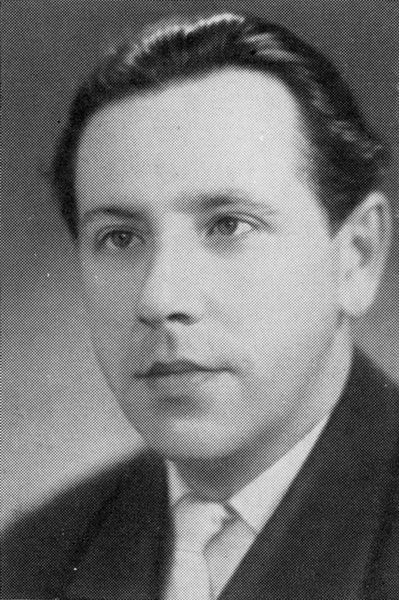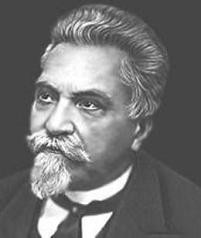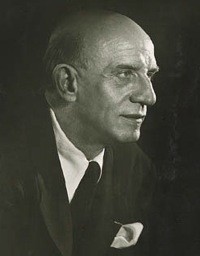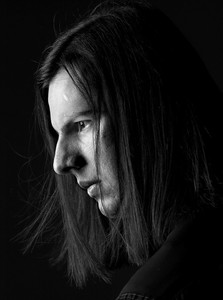
Alexander Yurlov (Alexander Yurlov).
Alexander Yurlov

Mr Choirmaster. Remembering Alexander Yurlov
These days would have marked the 80th anniversary of the birth of Alexander Yurlov. An outstanding choirmaster and an iconic figure in the construction of the choral culture of Russia, he lived for insultingly little – only 45 years. But he was such a multifaceted personality, he managed to do so much that until now his students, friends, fellow musicians pronounce his name with great reverence. Alexander Yurlov – an era in our art!
In childhood, many trials fell to his lot, starting from the blockade winter in Leningrad, when, probably, his fighting character was forged. Then there were years of learning the secrets of the profession at the State Choir School with A. Sveshnikov and with him at the Moscow Conservatory. Even then, Yurlov, as an assistant to Sveshnikov and a choirmaster in the Academic Russian Song Choir, attracted attention as an outstanding musician. And then – and as a born creator, able to inspire, organize, rally like-minded people around him and implement the most daring projects. He was the initiator of the creation of the All-Russian Choral Society (and in 1971 he himself headed it), held all kinds of reviews, festivals, literally plowing the virgin choral soil.
Having become the head of the Republican Russian Choir (now bearing his name), which experienced hard times in the 1950s, Yurlov was able to quickly not only raise the prestige of the group, but make it an exemplary choir. How did he do it?
According to Gennady Dmitryak, a student of Alexander Alexandrovich and head of the Russian Capella named after A. A. Yurlov, “this was achieved, firstly, due to the intensity of the concert life. Yurlov managed to prepare several different programs a year, hold a dozen premieres. Therefore, many well-known composers began to collaborate with him: Georgy Sviridov, who wrote a number of compositions especially for the Yurlov chapel, Vladimir Rubin, Shirvani Chalaev. Secondly, in Soviet times, Yurlov was the first to start performing Russian sacred music – Bortnyansky, Berezovsky, as well as cantas of Petrine times. He was the pioneer who removed the unspoken ban from her. The chapel concerts, which included these compositions, became a sensation in those years and enjoyed incredible success. I myself am still very impressed by these performances and under the influence of Yurlov, his ideas have dedicated my activities to the promotion of Russian sacred music. I don’t think I’m the only one.
Finally, it must be said about Yurlov’s interest in large-scale choral canvases, primarily by Russian composers. Russian straightforwardness, epic scope were felt in his interpretations. They also manifested themselves in the sound of the choir – broad melodic phrases saturated with expression. But at the same time, he perfectly performed Taneyev’s chamber works with a small choir. This man surprisingly combined universal globality and inner subtlety, fragility. Remembering Yurlov today, we, more than ever, feel how urgent support, primarily financial, from the state is necessary for choral art. Otherwise, we may lose the tradition that Yurlov passed on to us!
Probably, a separate article could be devoted to the topic of Yurlov the teacher. Both in classes with the student choir, and at meetings of the department of choral conducting at the Gnessin Institute, he was invariably demanding, precise, intolerant of any kind of laxity. Yurlov attracted to his department a whole galaxy of young choirmasters, whose names the whole country now knows – Vladimir Minin, Viktor Popov … He knew how to accurately and very insightfully determine the talent and essence of a creative person, in time to support and push its development. Yurlov, having a love for folk singing culture, folklore, “broke” a new department at the institute, where they trained conductors for Russian folk choirs. It was the first, unique experience in Russia, which put folk song art on an academic footing.
A listing of all the good and great deeds, wonderful human and artistic qualities of Alexander Yurlov would take more than one page. I would like to finish with the words of the composer Vladimir Rubin: “Alexander Yurlov stood out for his spontaneous natural talent, great temperament, genuine natural love for music. His name in Russian culture has already stood on that golden shelf, on which time takes only the most significant.
Evgenia Mishina





